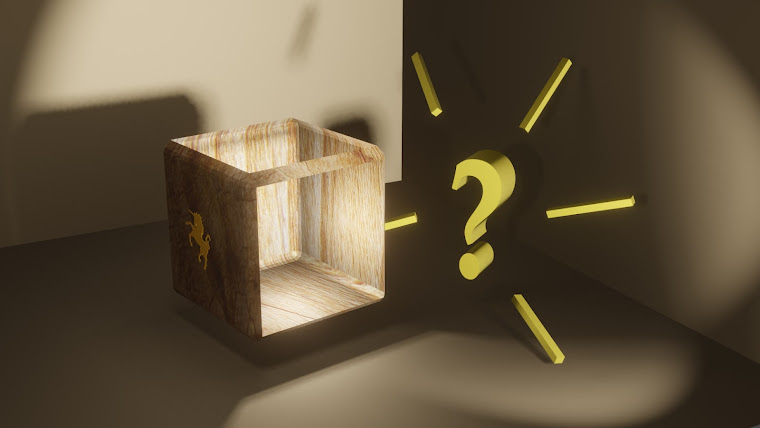This article concentrates on one theme - Sovereignty
“The
poor quality of debate on a topic as complex as EU membership carries the risk
that this crucial vote is decided not on the
basis of the best available information and analysis but on gut feeling and short-term mood swings. This is no way to decide upon fundamental
issues of democracy and sovereignty for years to come” – Brexit, the
Politics of a bad idea.
Edmund Burke, one of my most revered
conservative British statesman, in his sentimental observation to the French
Revolution in 1790 said that British constitution is made up of layer upon layer over the centuries. He added,
“British Constitution is far from being a political convenience[…]it was the
fruit of tradition”. Since then although
many objections raised against the appointed House of Lords to curb its powers,
its ‘constitutional’ structure has remained.
Parliament has remained supreme for both Houses represent and provide
the anchorage of British Democracy as well as Britain’s
administration of its juridical structure.
The Brexit camp argues in their EU referendum campaign that Britain has lost its sovereignty, and even its democracy. Boris Johnson, the ex-mayor of London, says
that “EU membership is incompatible with parliamentary sovereignty.” Staying out means to take back control of a so-called
inexorable and iron grid Brussels’ bureaucracy.
When signing the entry into Europe in 1973 Edward Heath, the then
Britains Conservative Prime Miniter assured the public there is “no question of
any erosion of national sovereignty”, and that Parliament can at any time
confirm this by holding a referendum.
However, we need to bear in mind that a country can be wholly sovereign
but hardly has any influence. With some
measure and as will all negotiation, it is a zero sum game because overall it
is very difficult to distinguish between local rules and parliamentary laws on
some lesser important matters. For
example alliances such as NATO membership creates an obligation to go to war if
another member country attacked.
It is wrong
to argue, as some do, unelected bureaucrats impose that EU law in the European
Commission. “In fact, although the Commission proposes draft legislation, it is
adopted by the Council of Ministers, consisting of elected national
governments, and the elected European Parliament.” Members of The House of
Lords are unelected, and so are judges who form part of our laws setting
precedents. The EU, maybe supranational, but elections
(including European ones) fought on national issues. In fact, voters can throw
out the elected leadership at any time if they were to exercise their EU voting
rights more often. What at times may
seem undemocratic is when those elected members shift alliances by compromises
but that is part of procedures of shifting alliances under a coalition
government structure, the British find unusual. There is no question of taking back
control.
It is not
longer a question of autonomy and without it, Britain can never be free. The control we have is through our appointed
representative. They have no power that
the directives instilled in them by our national government. The Brexit camp wrongly believes that
ultimate power rests in Brussels. It is
important to note, however, that Britain today manufactures only 14% of its GDP
most of which owned by foreign companies.
These include goods from heavy industry to food, clothing, cars, etc. Britain also depends heavily on food
producing countries for most of it food imports. Also, since it can not print
its money as this also is done privately owned international banks, one can not
blame Brussels for the contents of our sausages or the type of Bananas we can
import.


No comments:
Post a Comment